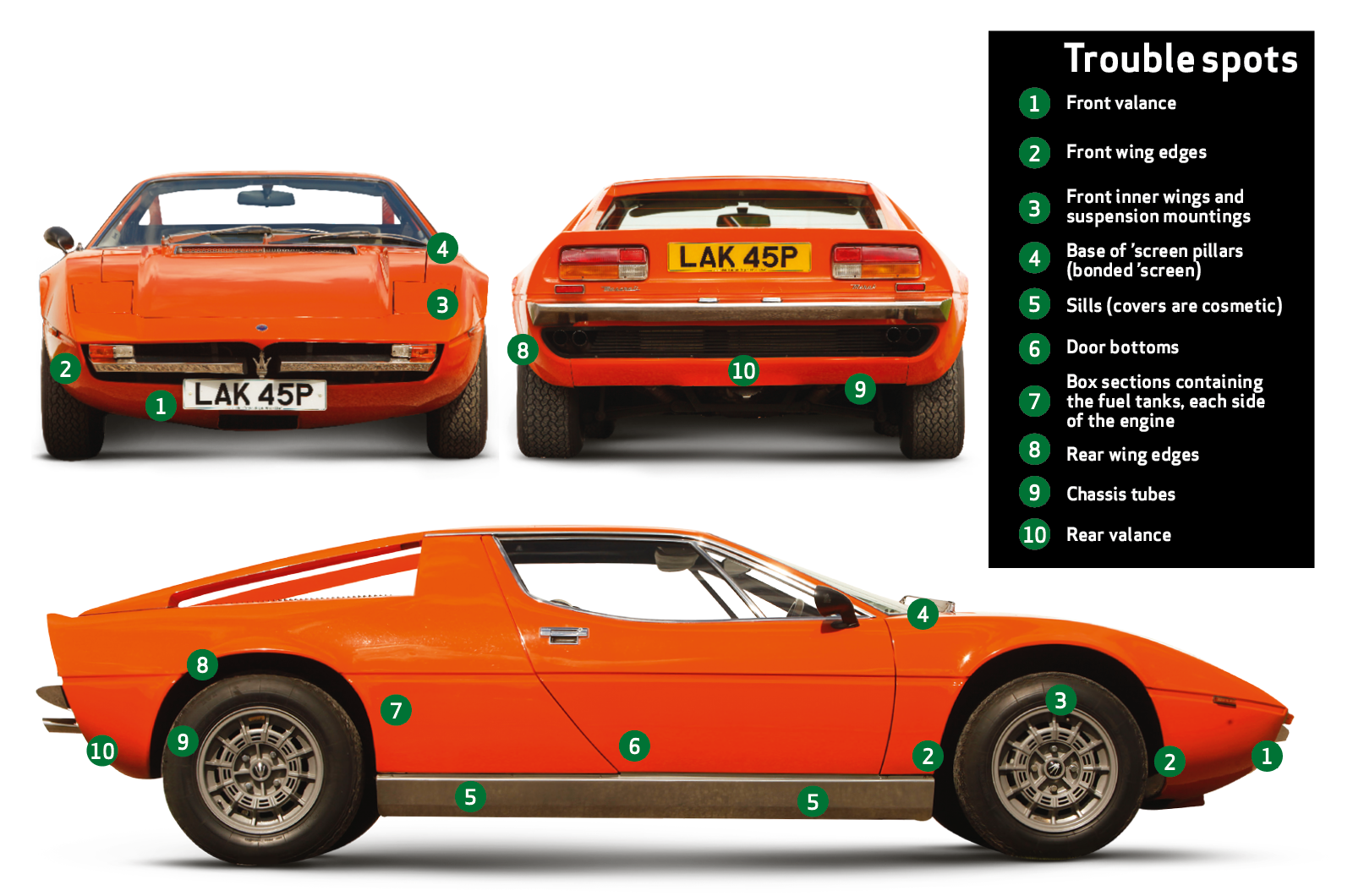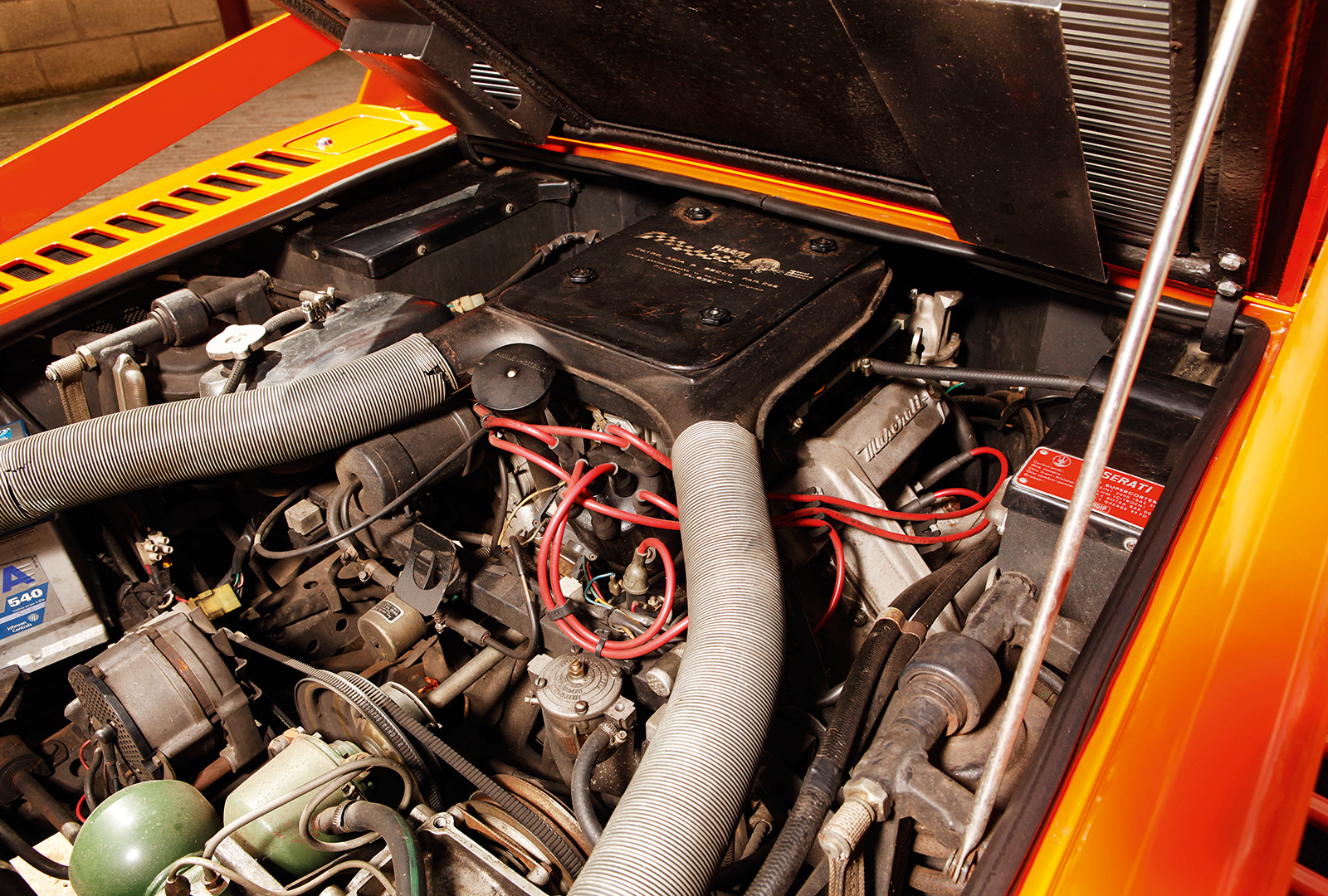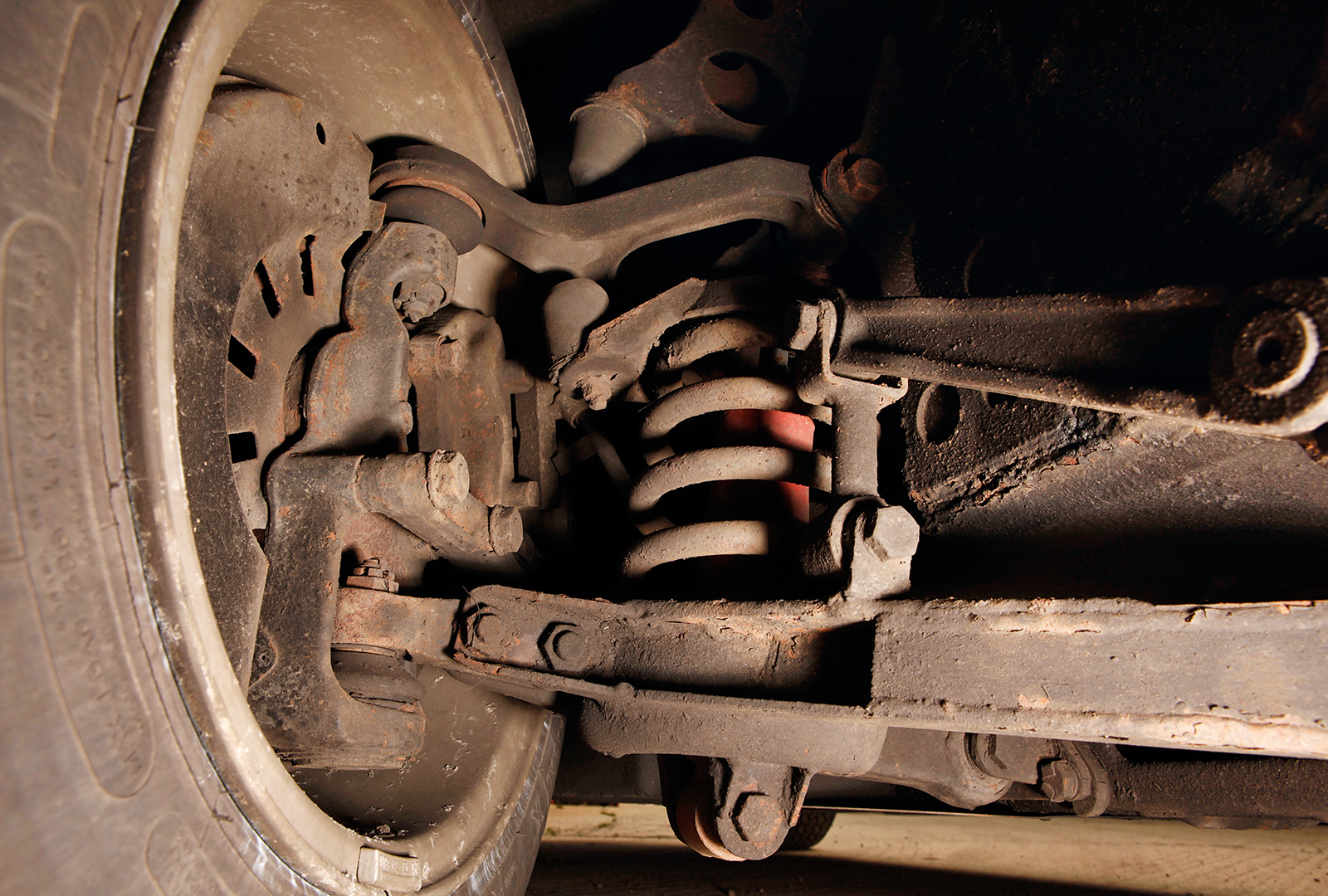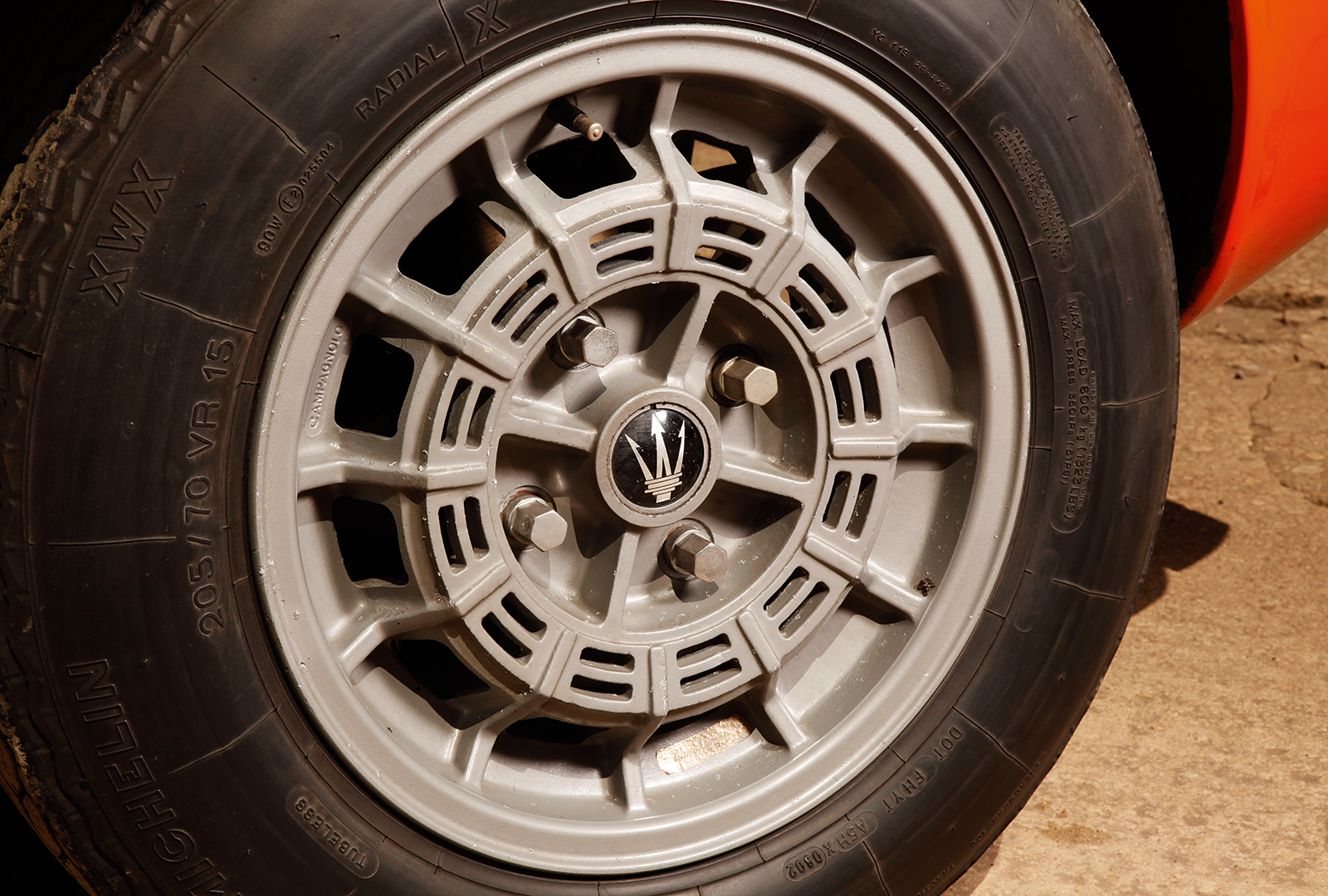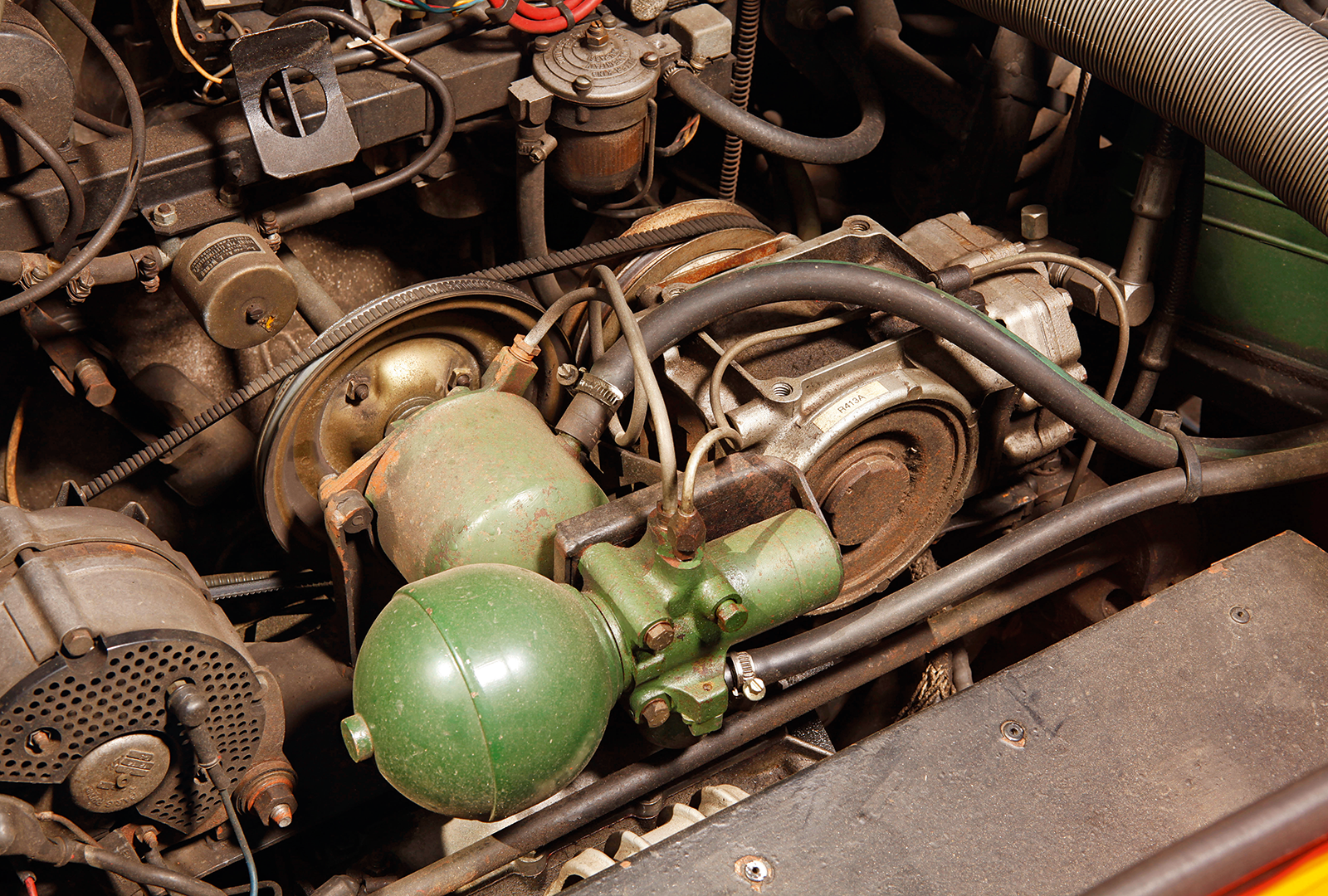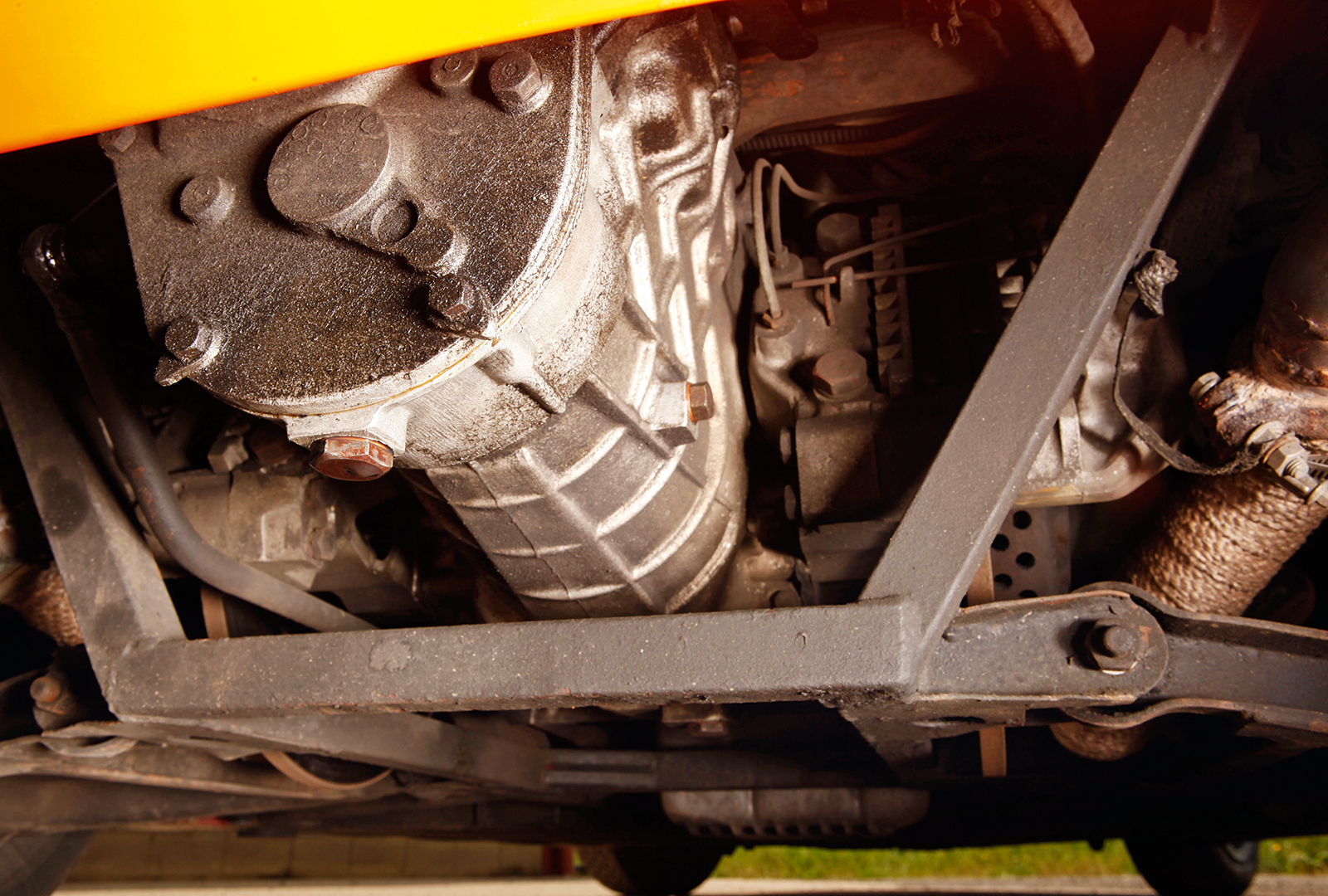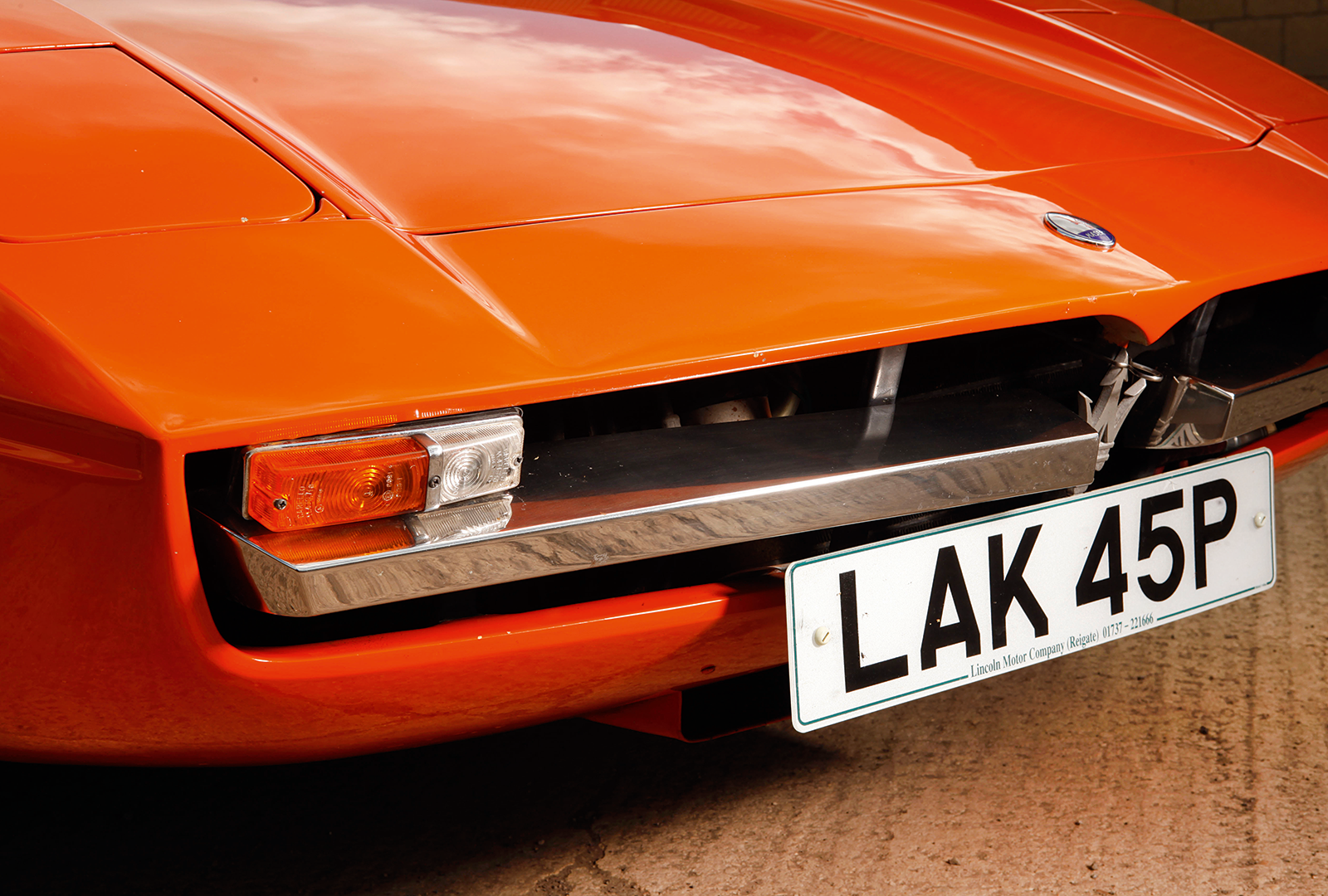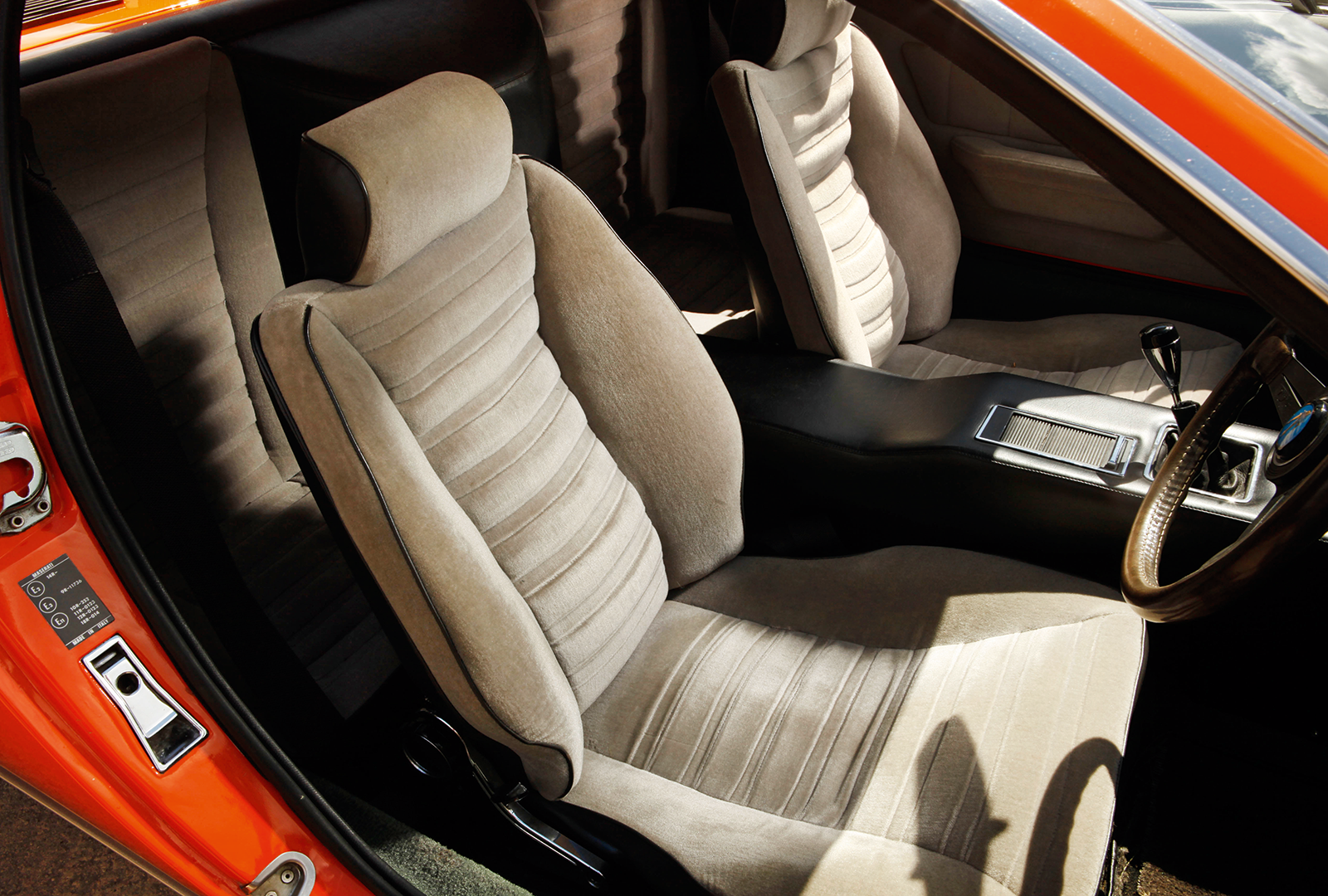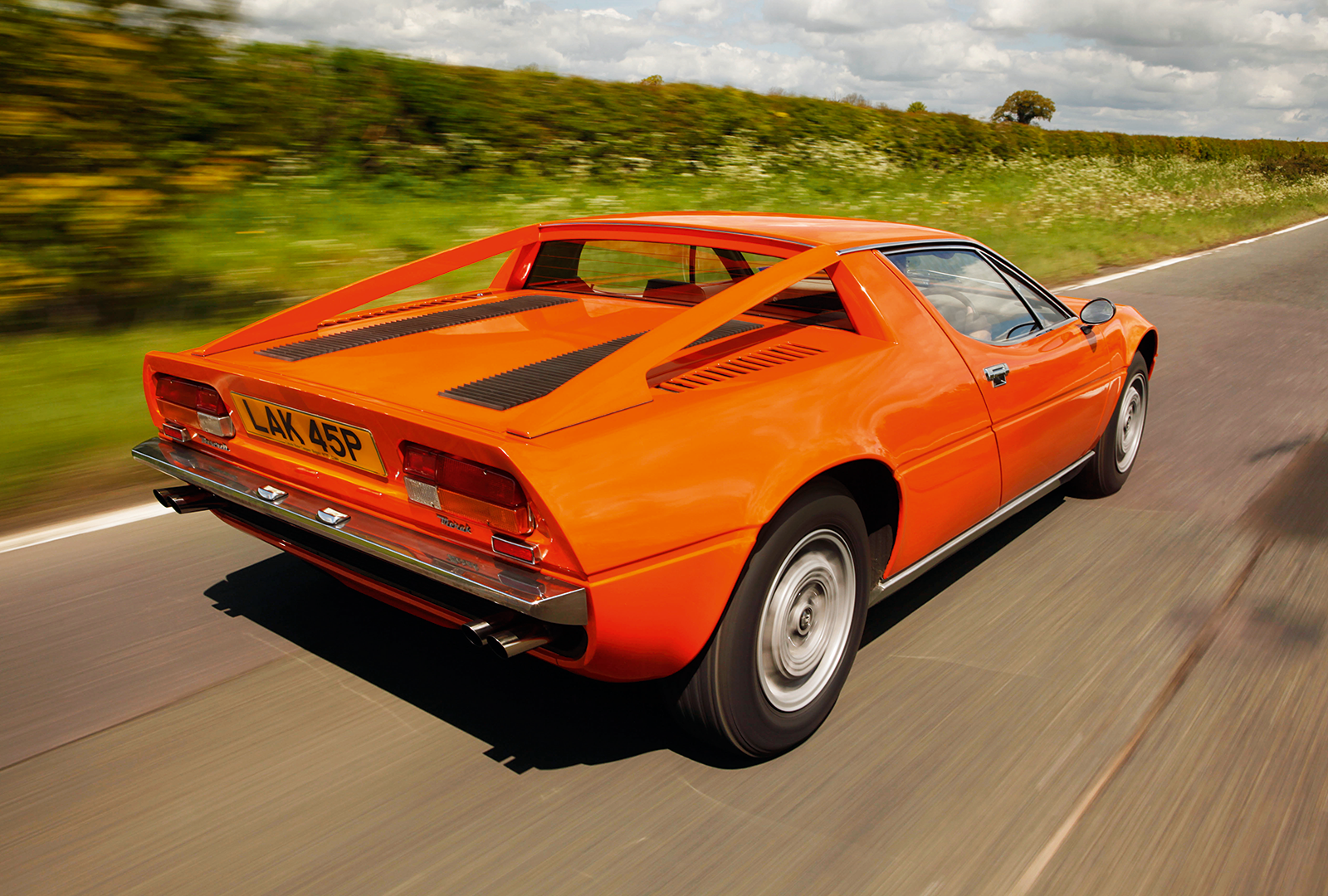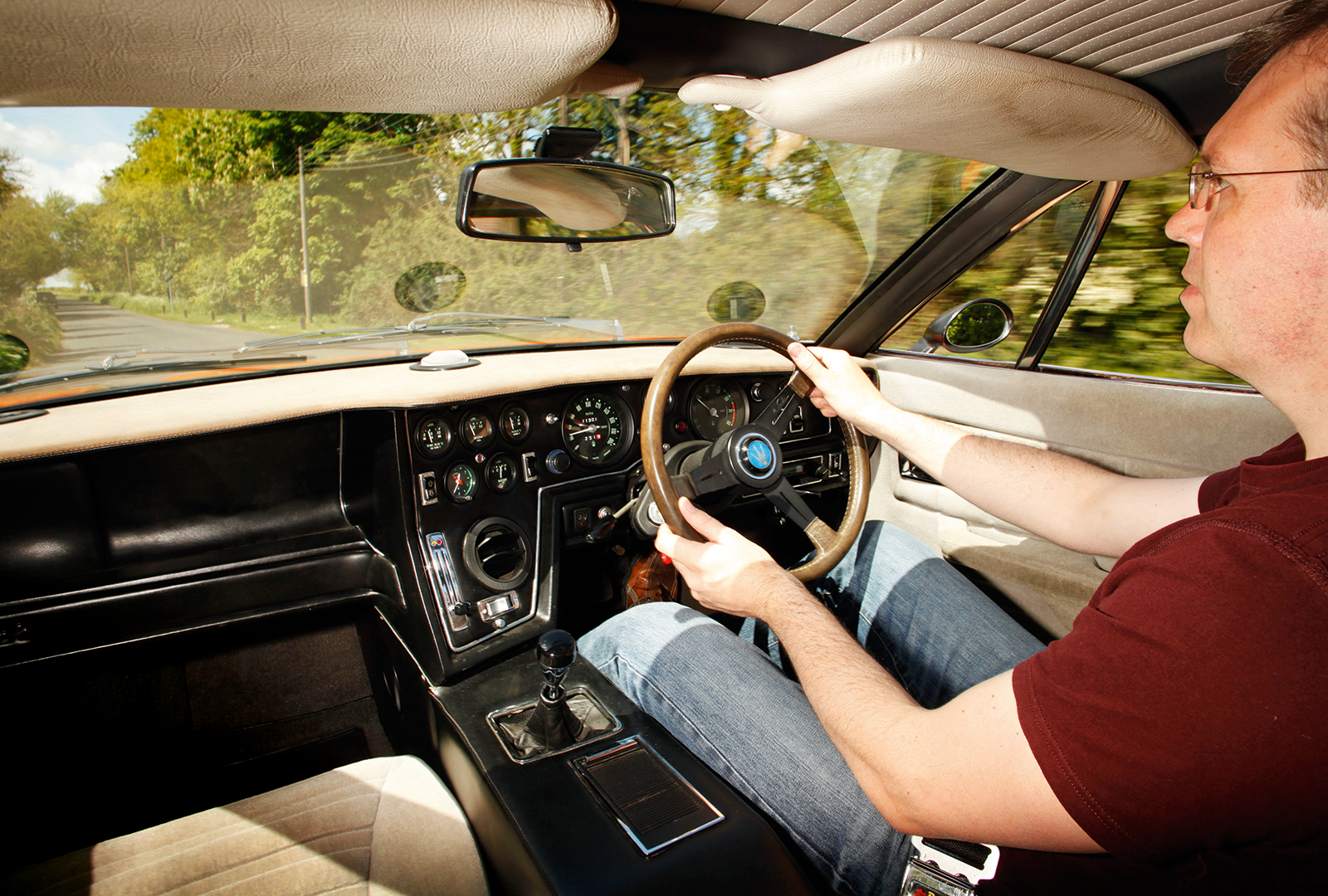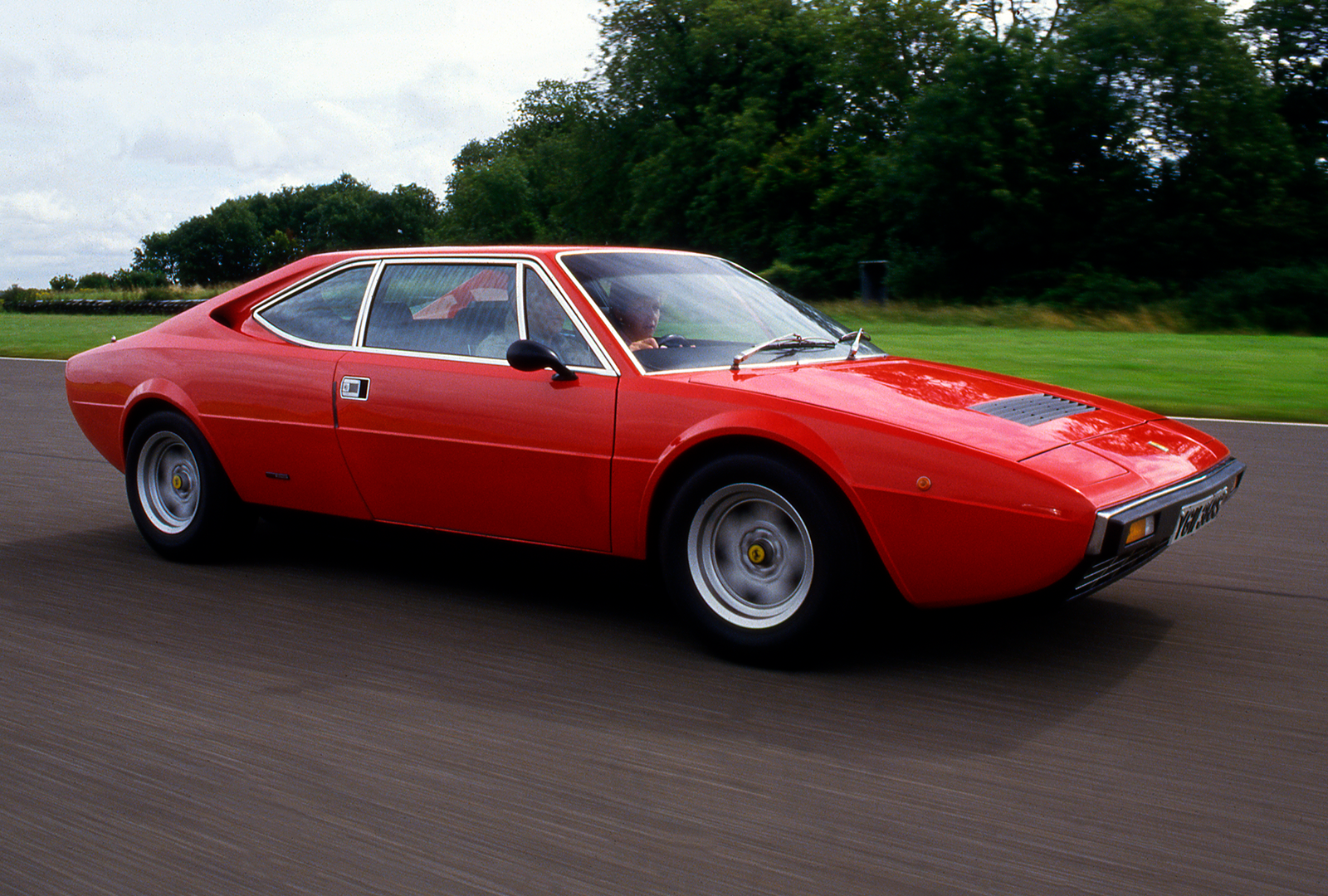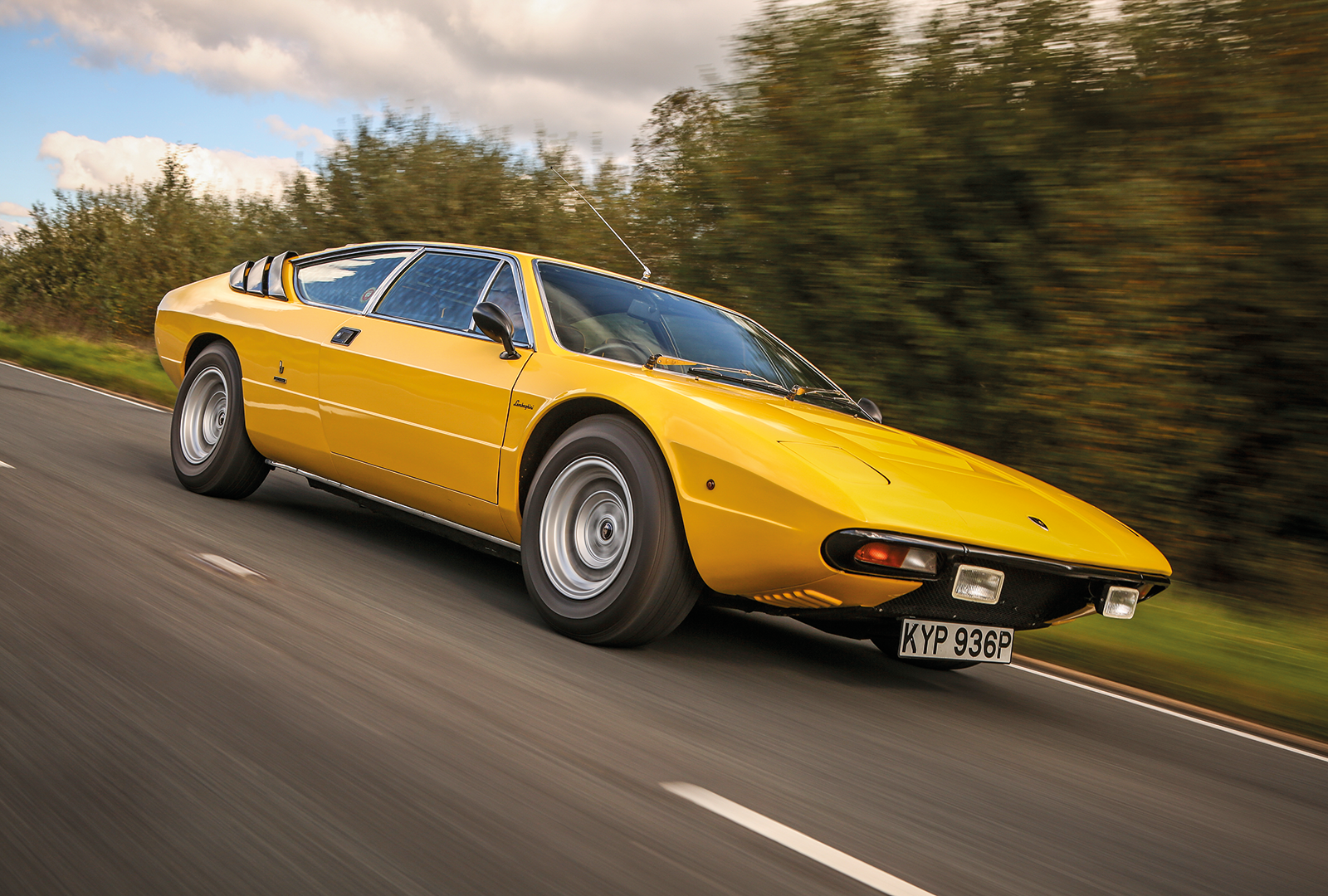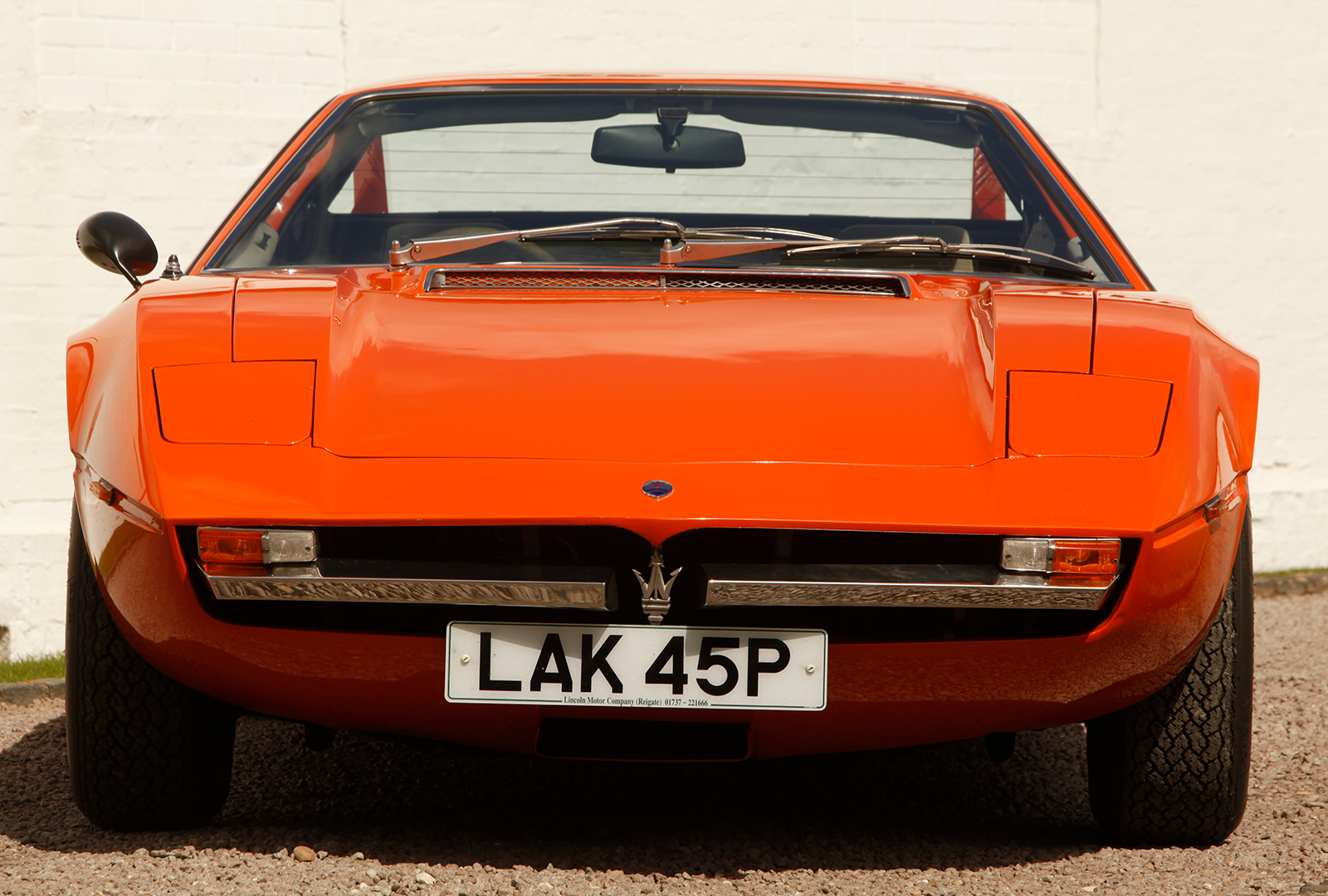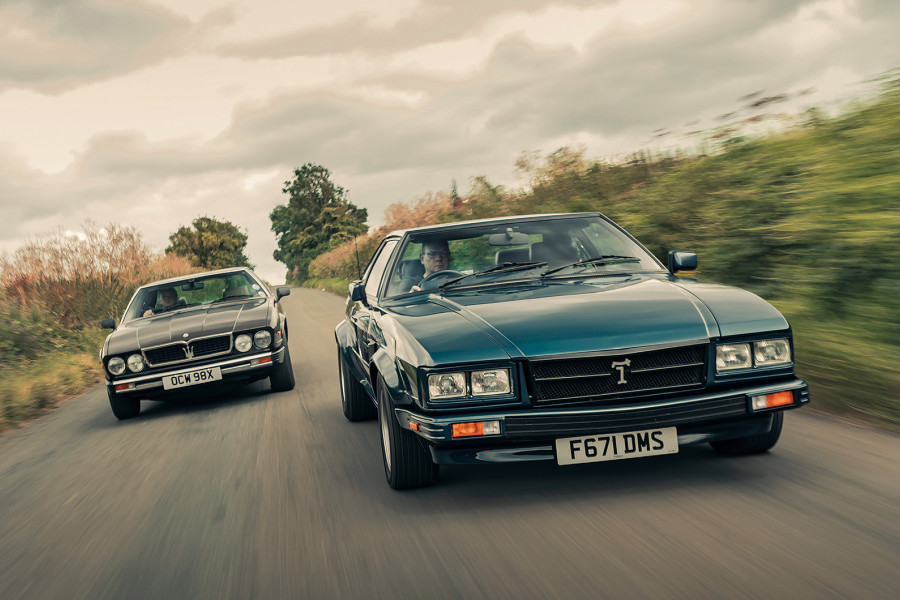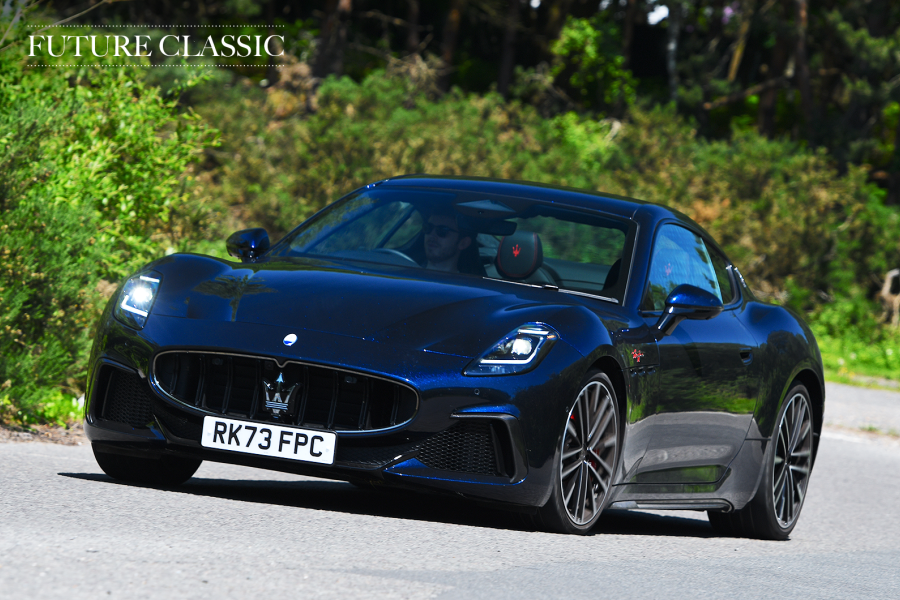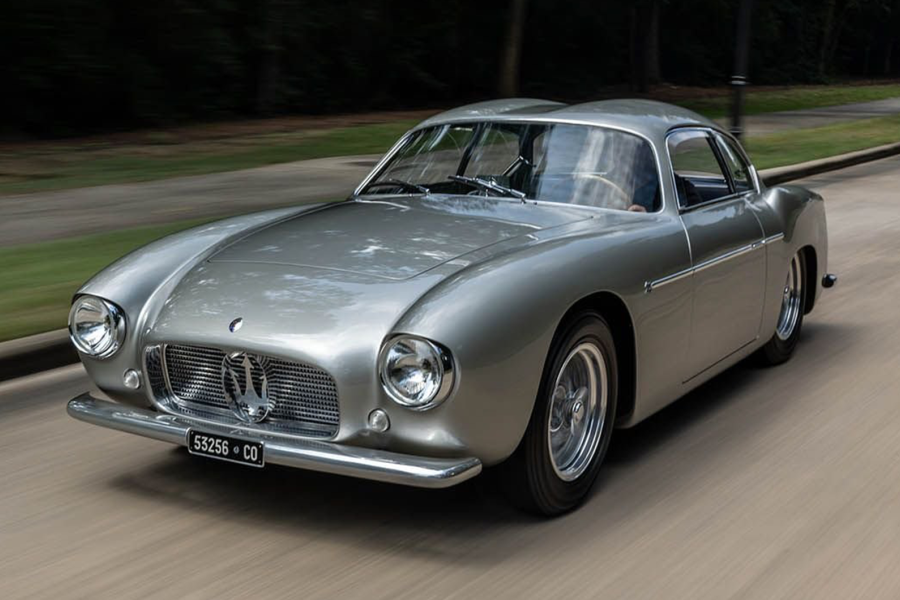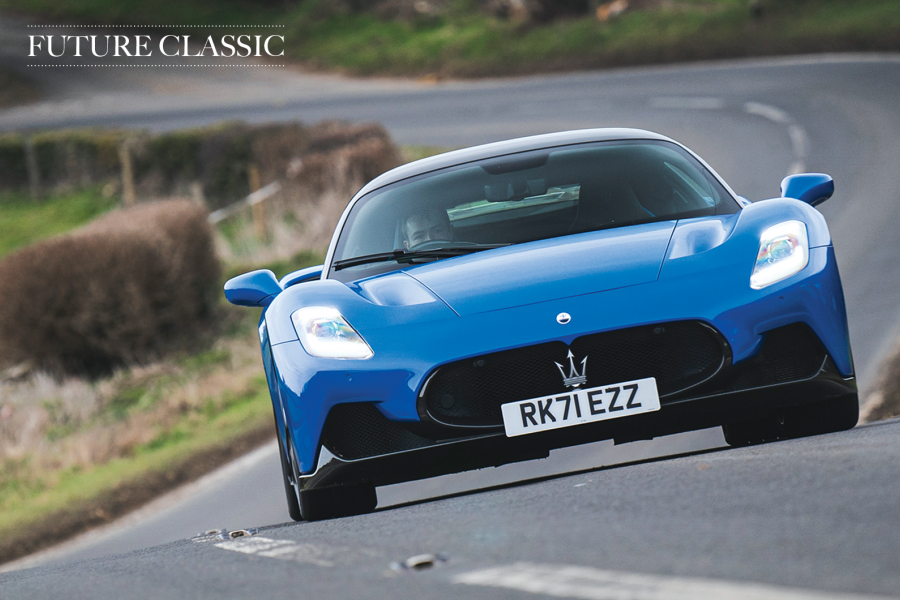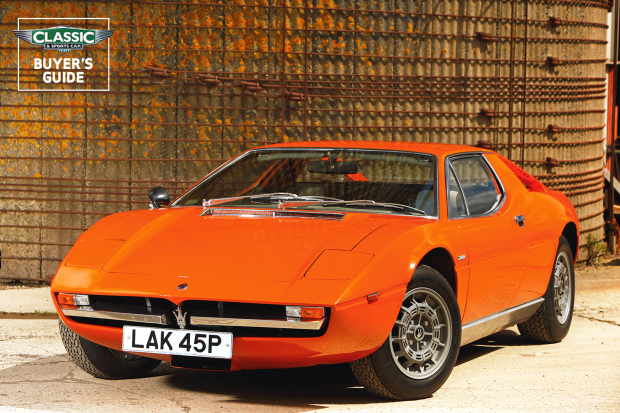
Why you’d want a Maserati Merak
Maserati burst into the 1970s with a superb mid-engined V8 supercar, the Bora, backed by Citroën investment.
A clever plan had been hatched to spread costs: a smaller Bora would use the four-cam V6 engine that Maserati was building for Citroën’s SM, tuned to compete with the Lamborghini Urraco and Ferrari Dino. The SM’s transaxle could be used, and its powered hydraulics, which was also handy for raising the pop-up headlights without costly and weighty electric motors.
Economies of scale would give the Merak a competitive price and losing two cylinders made room for small rear seats, too. That was the theory. In practice, the Merak ended up substantially different from the Bora, with a completely revised rear structure, while the SM’s sales tailed off and Citroën’s finances plummeted, forcing it to abandon Maserati in 1975.
Fortunately, Alejandro de Tomaso came to the rescue, but the economies of scale had vanished and Merak production remained low.
Giorgetto Giugiaro had brilliantly adapted the Bora’s styling for the 2+2 Merak, with a flat rear deck and (removable) flying buttresses instead of the sloping screen. The Giulio Alfieri-designed quad-cam V6 was superb and, with great handling plus a nice five-speed ’box and a big front boot, the Merak was a practical supercar that was quiet and reasonably comfortable.
Competition from Ferrari’s much quicker Dino 308GT4 led Maserati to upgrade the Merak to SS form – with an extra 30bhp – and de Tomaso added a 2-litre tax-break model for Italy.
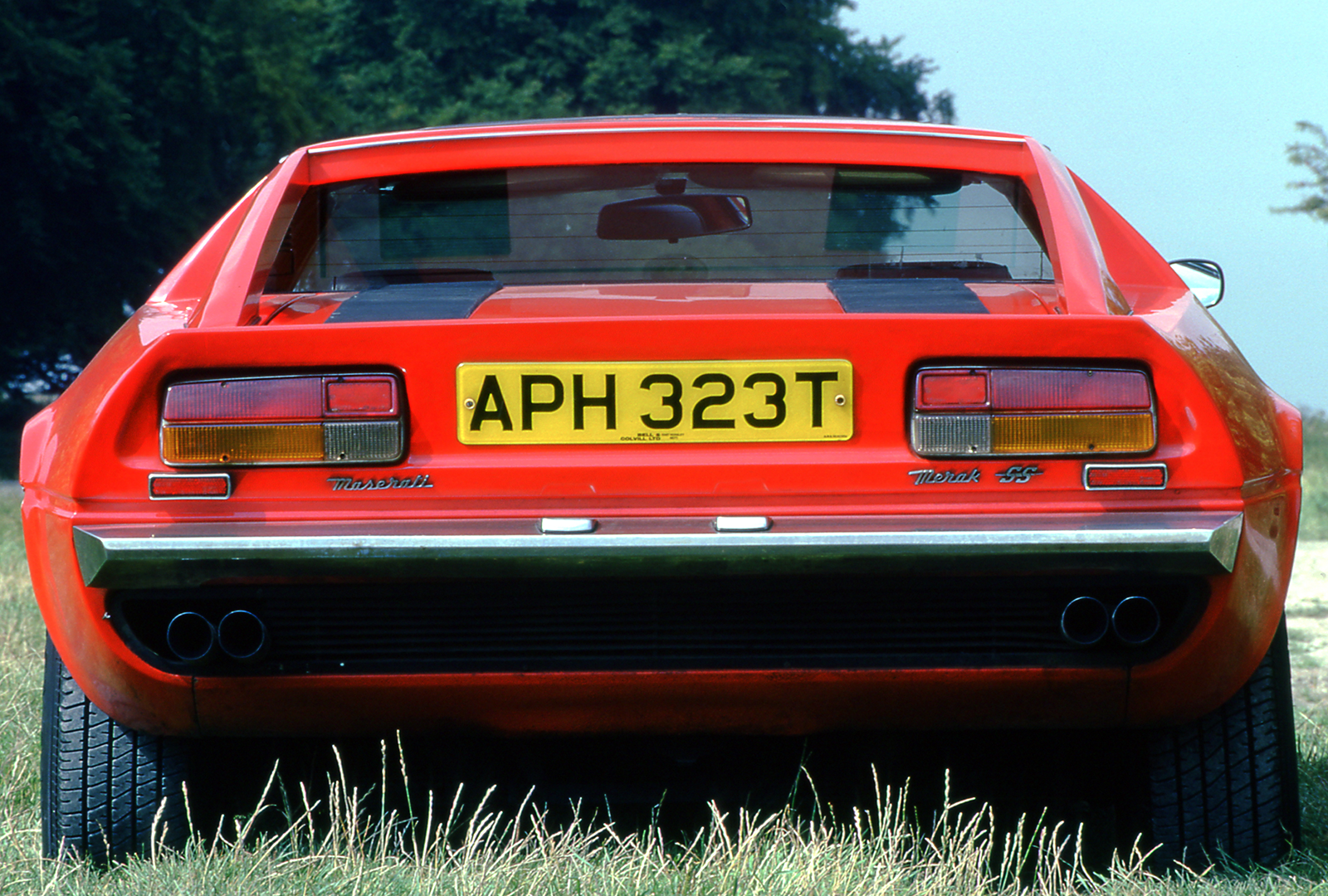
SS looks nearly identical to standard Merak

